This site uses cookies. By continuing to browse the site you are agreeing to our use of cookies. Read our privacy policy

African economies can grow by trading more with each other. One company is making it easier for them.

Elizabeth Rossiello is CEO of AZA Finance, a pan-African fintech headquartered in London.
What does AZA Finance do?
We’ve been Africa’s leading cross-border payments provider for more than ten years, and we employ more than 200 people across Africa and the EU. We help businesses in buying, selling, settling and paying in G20 and African currencies. Our customers are African corporates, global remittance platforms, global payment companies, global fintechs, African banks, and other enterprises.
One of the ways we accomplished this is by building the financial infrastructure that was nonexistent across African markets and between Africa and the rest of the world. This includes connecting our network of local bank and mobile money accounts (over 150 of them across five continents) to our single API that enables payments to be made and collected. These payment rails also help us when we buy and sell currencies because we can settle and deliver them over our own infrastructure, making it faster, cheaper and less risky. We also let our enterprise clients buy African currencies with African currencies, establishing some of the first African currency pairs that were offered outside of traditional banks. In some markets, we offer currency pairs that even the banks cannot offer. This allows enterprises in different African markets to trade easily with each other in their own currencies.
How does this spur economic growth?
One reason African companies have struggled to expand is because international trade was difficult and overly expensive. It was sometimes impossible to source US dollars or Euros needed to pay international suppliers - or to receive payment in these currencies without a large percent taken out for fees. Payments to and from clients and suppliers could take weeks, tying up precious working capital. We built the technology to make cross-border trade more possible. Now, African companies can work with AZA to exchange currencies, make payments, and more easily transfer and maintain funds for their operations.
What sets you apart from banks or other companies operating in this space?
We offer customers the same level of service no matter which market or currency they go to. When a customer uses our platform, they can reach every market and currency in one place. One of the reasons we can do this is because we actually operate in these markets. We speak the language, we hire a team, and we work closely with the regulators. We then align our technology to work with the market – including integrating with banks, mobile money, and even cash providers – so it can be available worldwide.
How does the technology work?
Our technology takes two forms: a portal on our website, and an Application Programming Interface(API).
If you’re a company that needs to send money to another company, you can go to our website and send the funds just as you would using other payment platforms such as Wise or PayPal.
If you are a payments company, you can instead use our API, which connects your technology to our currency pairs and payment rails. This makes it possible for payments companies from around the world – from remittance providers to global fintechs – to offer their customers the option of paying out, accepting payments, or exchanging currencies with the markets across Africa, as well as the EU, Brazil, Middle East, North America and the UK.
Why is there a need for something like this?
Banking in Africa is known to be expensive, and cross-border payments aren’t as accessible as they could be, owing to a lack of financial infrastructure and investments. Much of the existing infrastructure functions via Europe, or goes through the United States instead of other African countries.
Without overreaching, this also means it typically uses the US dollar. Any African who's made a cross-border payment might be familiar with this scenario: When you send a payment from a USD account, those dollars are technically held in the United States. Somebody in the United States has to approve the transaction and might be unfamiliar with African names, locations and time differences and decide for whatever reason to cancel the transaction. There are numerous areas of friction that nobody thinks about because African payments are made via a system that was not designed for the African continent.
Therefore, we look to bring world-class infrastructure to the African continent. What our vision is, and what we’ve achieved, is a fair and easy experience when moving money or exchanging currencies. If someone wants to buy currency in Kenya or Senegal or Spain, it's the same user experience, with compliance, quality, and speed guaranteed.
Can you cite a few examples of countries that have benefited?
The launch of multiple “payout corridors” in the past decade is a great example of AZA’s dedication to driving financial inclusion and empowering businesses on a global scale.
By expanding our presence in Zambia, Togo, Benin, Senegal, Burkina Faso, Ivory Coast, Cameroon, Brazil, Ghana, Kenya, Nigeria, South Africa, and Uganda, we are enabling businesses to offer reliable and efficient remittance services to their customers, enhancing their reputation and customer satisfaction.
How did you get the idea to form the company?
In 2009, I was living in Nairobi, Kenya with my family, working with small and mid-sized financial institutions as a rating analyst for the financial sector. As I had come from a European investment banking background, I quickly noticed several gaps in the market.
I recognized a fundamental problem with currency connection. For example, when abroad, it was impossible to send money back into Kenyan shillings. Millions of people, including our starting team, traveled across Africa for work, but could not top-up or send payments to their home networks. It was possible to use a country’s currency for everything while physically there, but as soon as you left its borders, you couldn't access it, due to currency exchange problems. A lot of banks simply do not offer transactions within African currencies. They do not do multiple pairs in two different currencies besides the dollar. This was the huge gap AZA saw as an opportunity.
I also saw that African businesses and currencies were consistently undervalued and underserved by the “developed world.” Creating AZA Finance was an opportunity to bridge the financial services gap between G20 and African countries, and to unlock Africa’s trillion-dollar growth through new jobs, partnerships, and investments.





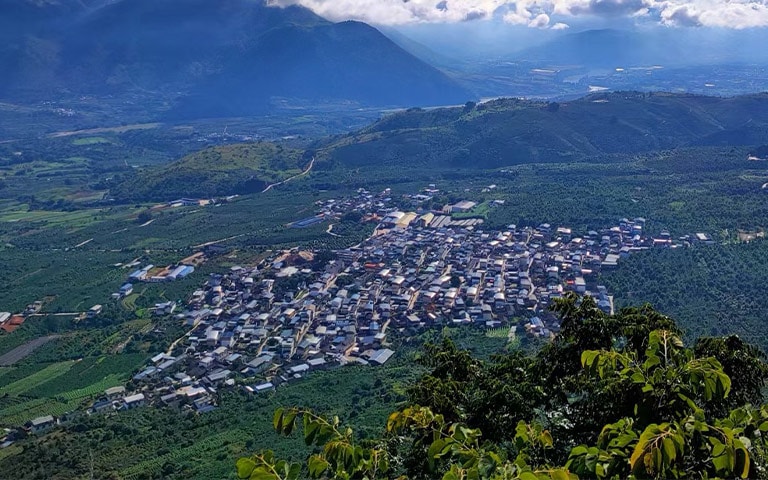



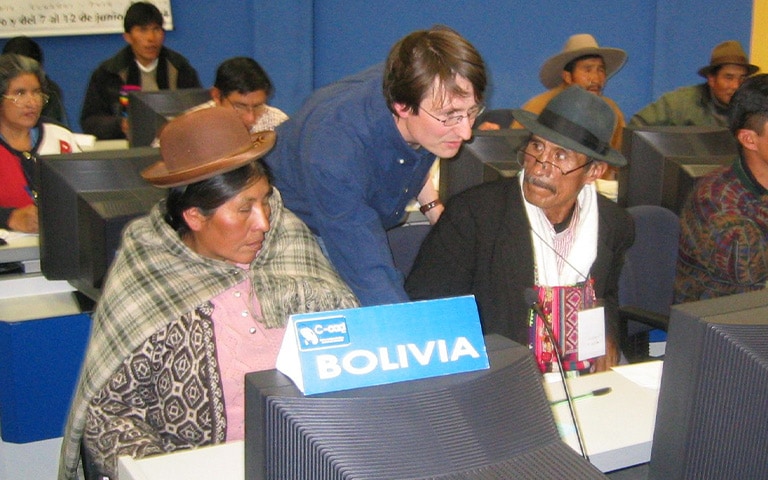


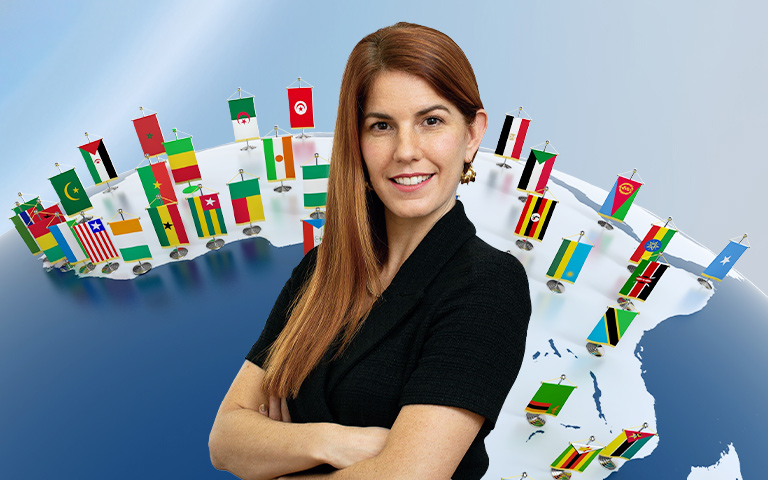



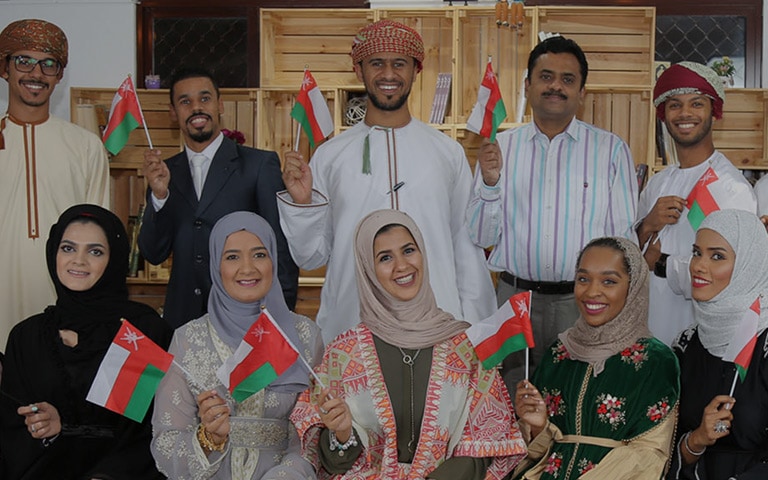

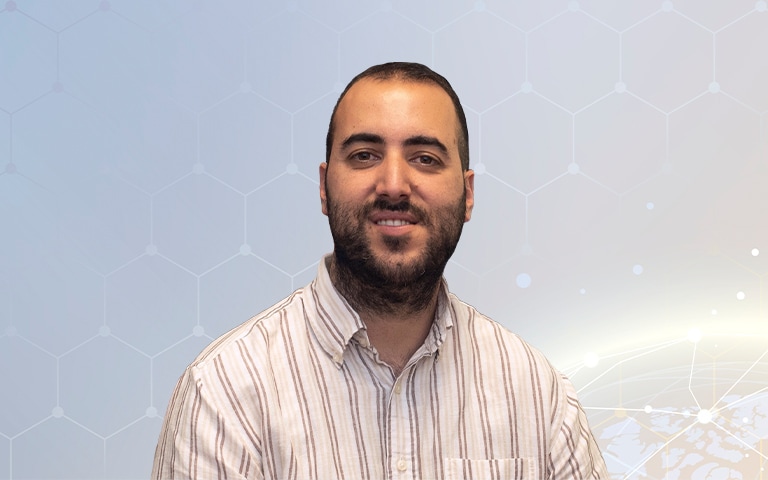
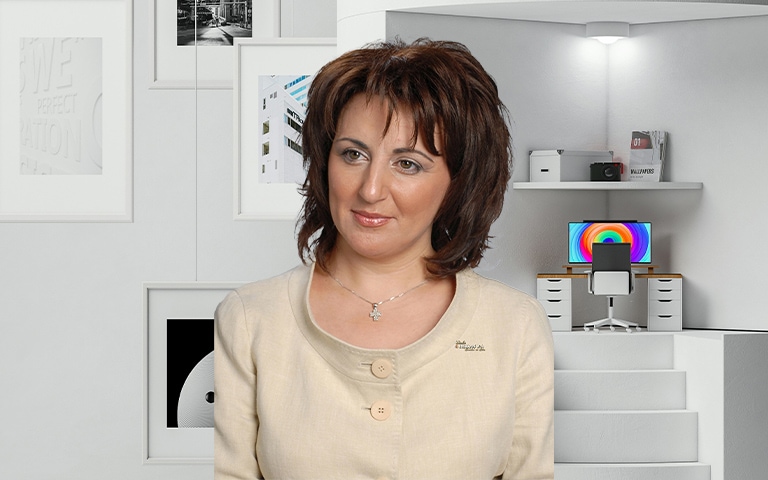

Contact us! transform@huawei.com
